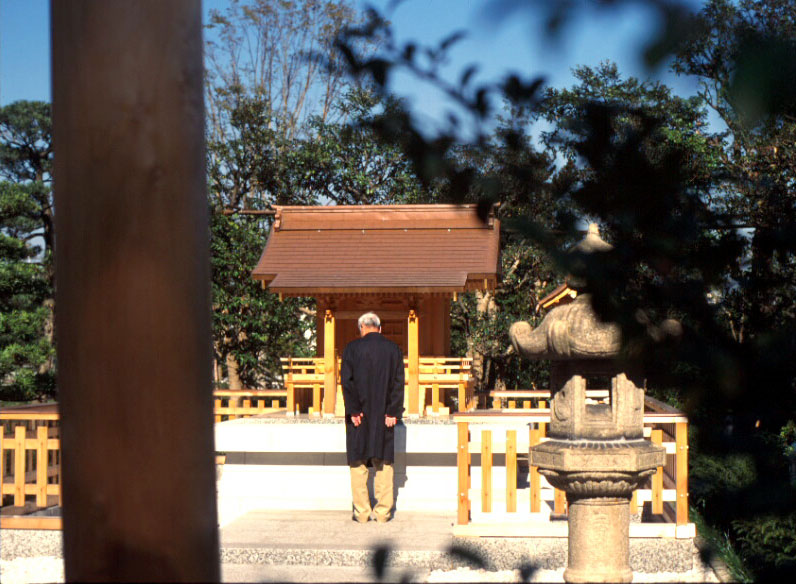The Ebisu Kami


The kami in the shrine at Ebisu Garden Place told me that he didn't get much attention now that the new development had surrounded his shrine. "Tourists and shoppers may drop by," he said, "but their requests are usually aimed at other localities, so I pass them up the hierarchy. Life is pretty quiet here now." He did receive visits from a few office workers and shop personnel, whose requests were mostly about office politics. Those he could look into on his own. "Their problems are like the difficulties the agricultural laborers around here used to have with their village co-workers or authorities, so I feel at home dealing with those requests." I said something about social grammars reproducing themselves even as they alter*, and he agreed that he found those continuities comforting. "Still," he added, "they have rather messed up the environment around here." He didn't particularly like the new buildings. "Imagine," he said, "your shrine has been rooted to the earth for centuries, so first they build subways to shake you up, then they lift you on top of these gloomy levels of parking. It's not as bad for me as for the kami of the shrines they put on top of tall buildings, but it's unsettling." I said that maybe he should adapt to the mobility and linkage of the contemporary world. "What am I supposed to do?" he asked, "become a tourist?"
(c) David Kolb, 1 August 2001